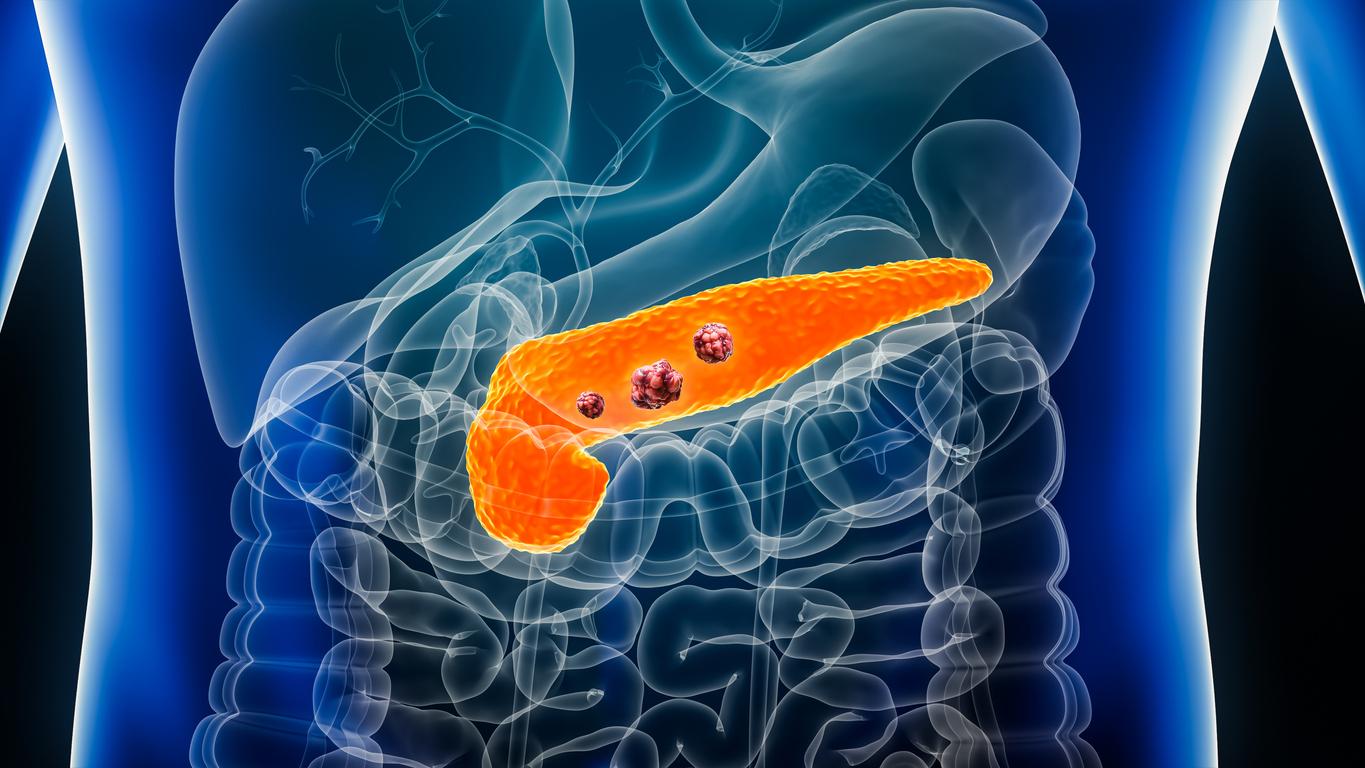By publishing their study on bladder cancer in the scientific journal Nature, researchers from the team led by Dr Tom Powles, an oncologist at the Cancer Institute at Queen Mary University in London (United Kingdom), announce that they have made a real leap forward in the search for a treatment for advanced cancer of the bladder.
“For decades, chemotherapy was the only option, with poor results and many patients too late in the disease to be able to cope with it. Our discovery is truly the first major breakthrough in 30 years in the treatment of bladder cancer ”.
Dr Powles and his colleagues conducted an experimental study in immunotherapy on an antibody developed by the Roche laboratory that blocks the PD-L1 protein, the protein that is believed to help cancer cells escape detection by the immune system. “The first results of this trial are so promising that the US Food and Drug Administration (FDA) has granted this experimental drug the status of” revolutionary therapy “, explains the doctor.
He believes that if the results are confirmed in larger trials, the drug will be quickly developed to bring hope to the thousands of people diagnosed with advanced bladder cancer each year.
Bladder cancer is the 5th most common cancer and men are about three to four times more likely to develop the disease than women. The risk of developing bladder cancer during their lifetime is about 1 in 26 while in women it is 1 in 90.
Tobacco is the main factor responsible for this cancer because toxic and carcinogenic substances are eliminated by the urological sphere (the kidneys and the bladder) where they can cause great damage.
Read also
Bladder cancer: quitting smoking is the only prevention
Bladder cancer: diagnosed earlier
Bladder cancer: citrus fruits and carrots reduce the risk


















